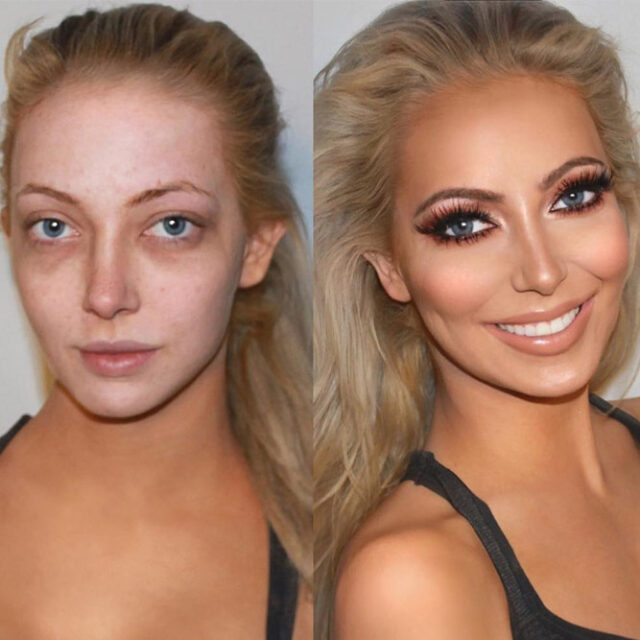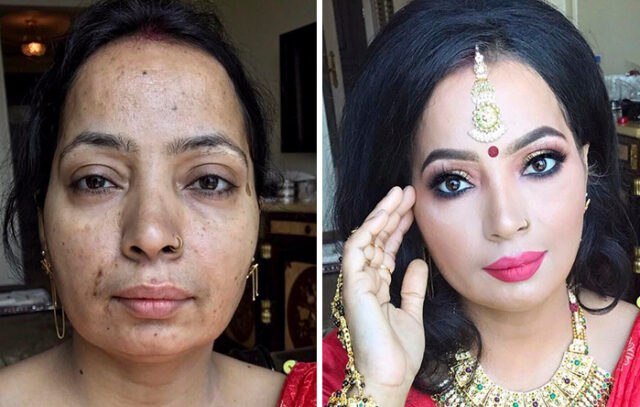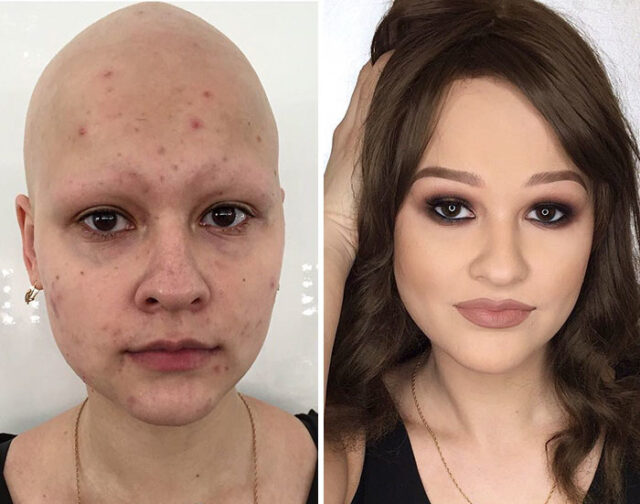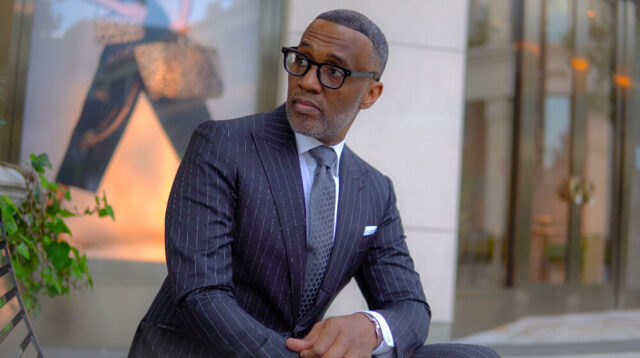
Let’s open with a verse that often gets dismissed, discussed, debated, and sometimes even defended. Lately I’m intrigued by what the Bible says to men and women individually because it helps us understand the differences between us. This one is to wives specifically:
“Your beauty should not come from outward adornment, such as elaborate hairstyles and the wearing of gold jewelry or fine clothes.”
1 Peter 3
There are many interpretations and understandings of just this one verse, let alone the context. It raises many questions. Is it an exhaustive list? Does it apply today? Why no restrictions on men? Is silver jewelry ok? What does “elaborate” mean in terms of hair? Does this include makeup?
I have opinions on all of these, and I’m sure you do too. But what gets my goat recently is the reason that this is addressed in the Bible in the first place, nearly 2,000 years ago. Women have been augmenting their natural beauty for all of recorded history. Today’s average US woman will spend over a quarter million dollars on beauty products in her lifetime.
Why? Why do women wear makeup at all?

Makeup is a kind of mask. It’s essentially faking youth, beauty, health, and sexuality to appear more attractive. It works, too. For instance, blush works because it imitates how a woman looks in a state of sexual arousal. To men she looks more sexually available, and to women she looks more promiscuous.
A woman’s desire to appear beautiful is so strong that she will spend a lot of money to visually distort reality. But it goes beyond this. Beauty is a woman’s currency. Appearing attractive gives her influence and the ability to manipulate others. It’s about power.
Women rate other women as more dominant when they wear cosmetics. In other words, your place in the female pecking order goes up. Women dress up for each other. Men view women with makeup as having more social standing. In both cases, women over the ages have learned that beauty is power and they crave more and more, just like many men.

This is why some women have such a hard time with aging. They become less powerful and influential every year. Some become accustomed to the power their youth and beauty brings, and it’s hard to have that slowly taken away. Many women let perpetual jealousy consume them – coveting the beauty/power of other women.
I’m not going to offer a ton of solutions here, because we all know women aren’t suddenly going to even the playing field, dump their makeup, and dress modestly all of a sudden. But I will share a bit more of the section I posted earlier:
“Your beauty should not come from outward adornment, such as braided hair or gold jewelry or fine clothes, but from the inner disposition of your heart, the unfading beauty of a gentle and quiet spirit, which is precious in God’s sight.”
1 Peter 3
Now you can see how powerful this verse is. For women, especially those lower on the beauty totem pole, this is an attractive option. You can “opt out” of the game – the only winning move is not to play. This kind of beauty does not fade and can even grow with age. It does not require daily application of costly cosmetics. And it is beautiful to God, that’s pretty great.
So what about men?

Are we caught up in this same conquest for power? Why isn’t that verse directed to us?
Men are mostly immune to the allure of cosmetics and jewelry because that’s not our game. There is a similar dominance hierarchy thing going on, based not on beauty but on competence, money, and athletics. Women are prized for their beauty, but they are attracted to mastery, money, and strength.
“I don’t even have any good skills. You know like nunchuck skills, bow hunting skills, computer hacking skills. Girls only want boyfriends who have great skills!”
Napoleon Dynamite
How does this relate to makeup? We already know that makeup fakes a higher level of beauty in order to increase social standing. For men, therefore, analogous things would be:
- Faking mastery or competence
- Faking assets or standard of living
- Faking physical strength or athletics
Actually having these things is one thing. But faking having more is inherently dishonest, just like makeup. It’s telling the world that you have more in order to obtain more power and influence.
Ironically, some women who wear makeup would also condemn a man for faking his income – bragging about assets or pulling up in an expensive rented car.
Here’s a verse (again, we’re talking 2,000 years ago) that condemns Pharisees:
“Beware of the teachers of the law. They like to walk around in flowing robes and love to be greeted with respect in the marketplaces and have the most important seats in the synagogues and the places of honor at banquets.”
Luke 20
The Greek word translated as “flowing” or “long” robes is where we get our word “stole” and it was clothing worn by the rich. These guys faked being part of the upper class with their clothing to gain more prestige, and then flaunted their social standing at parties. Beware, says Jesus.
Both men and women can be power-hungry. Both can fake their way to the top of the social ladder in their lust for power, status, and influence. It’s good to find ways to not play their games, to opt out altogether.
I’m thankful that my wife doesn’t wear any makeup. Now that I understand these things better than I used to, I don’t like any makeup on women. It’s fake, plastic-looking, even dishonest. I know it’s not the real person, but a mask. Even subtle makeup application seems to be a sign (to me) that the woman is obsessed with her own beauty. I know I’m far from the only one.
Leave a Reply